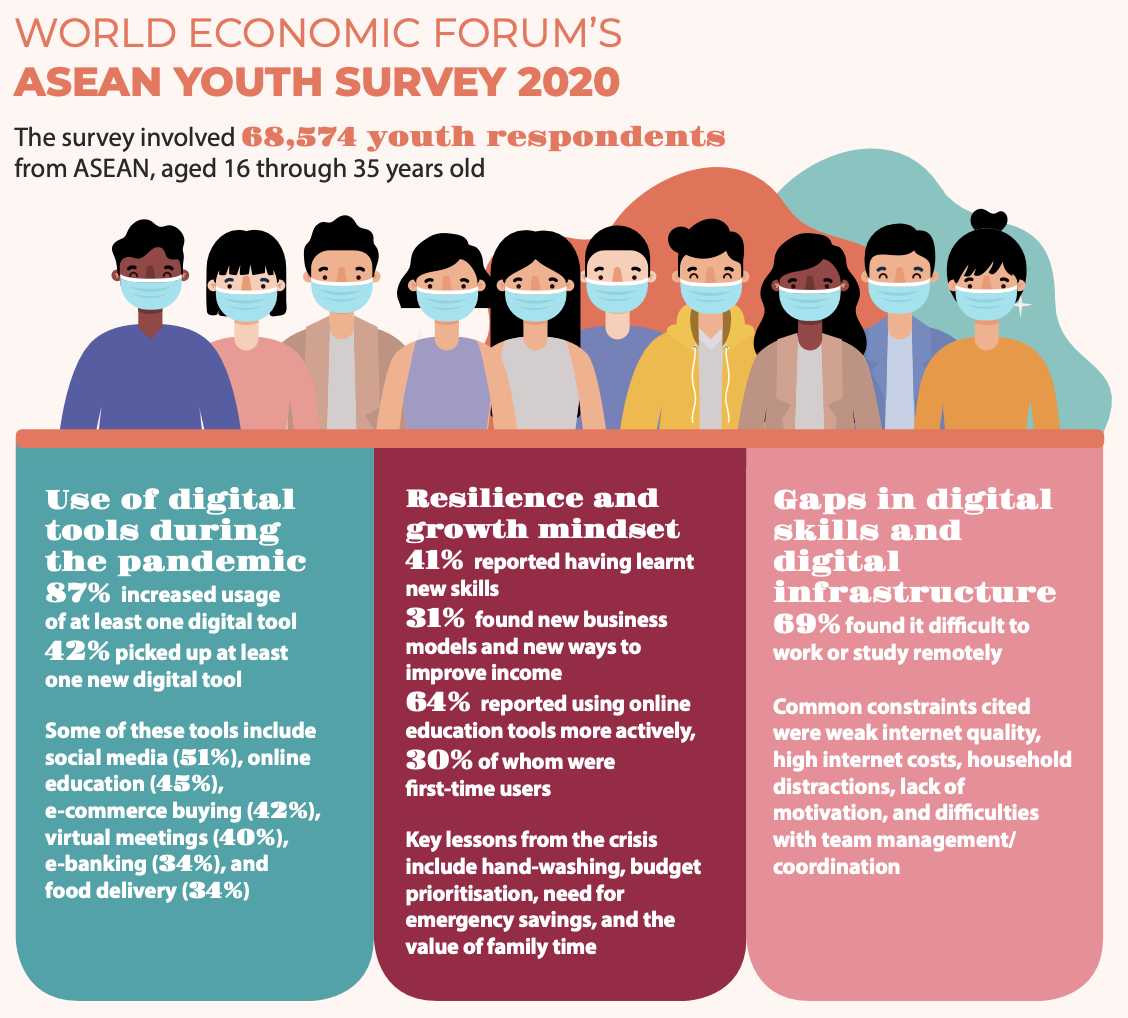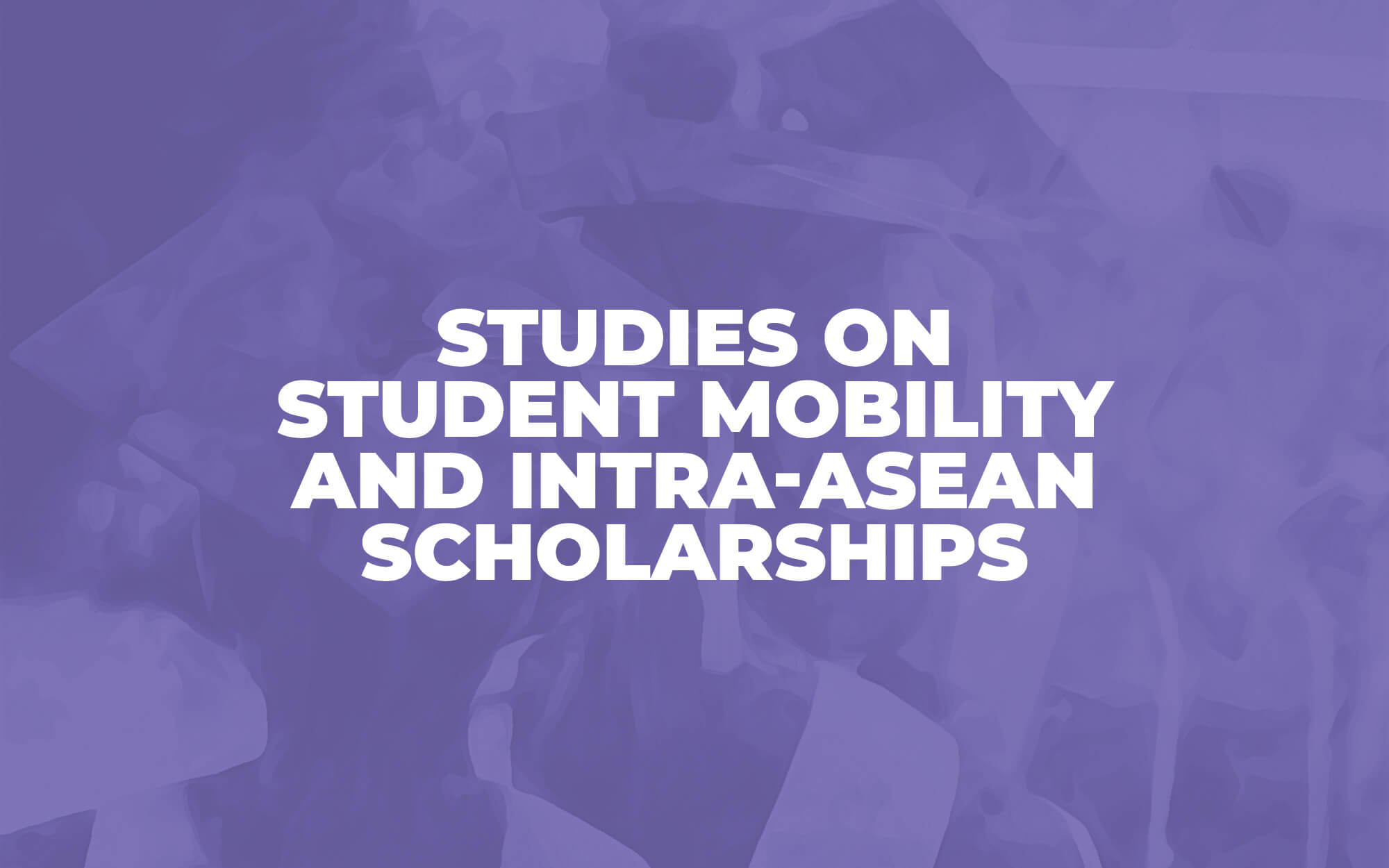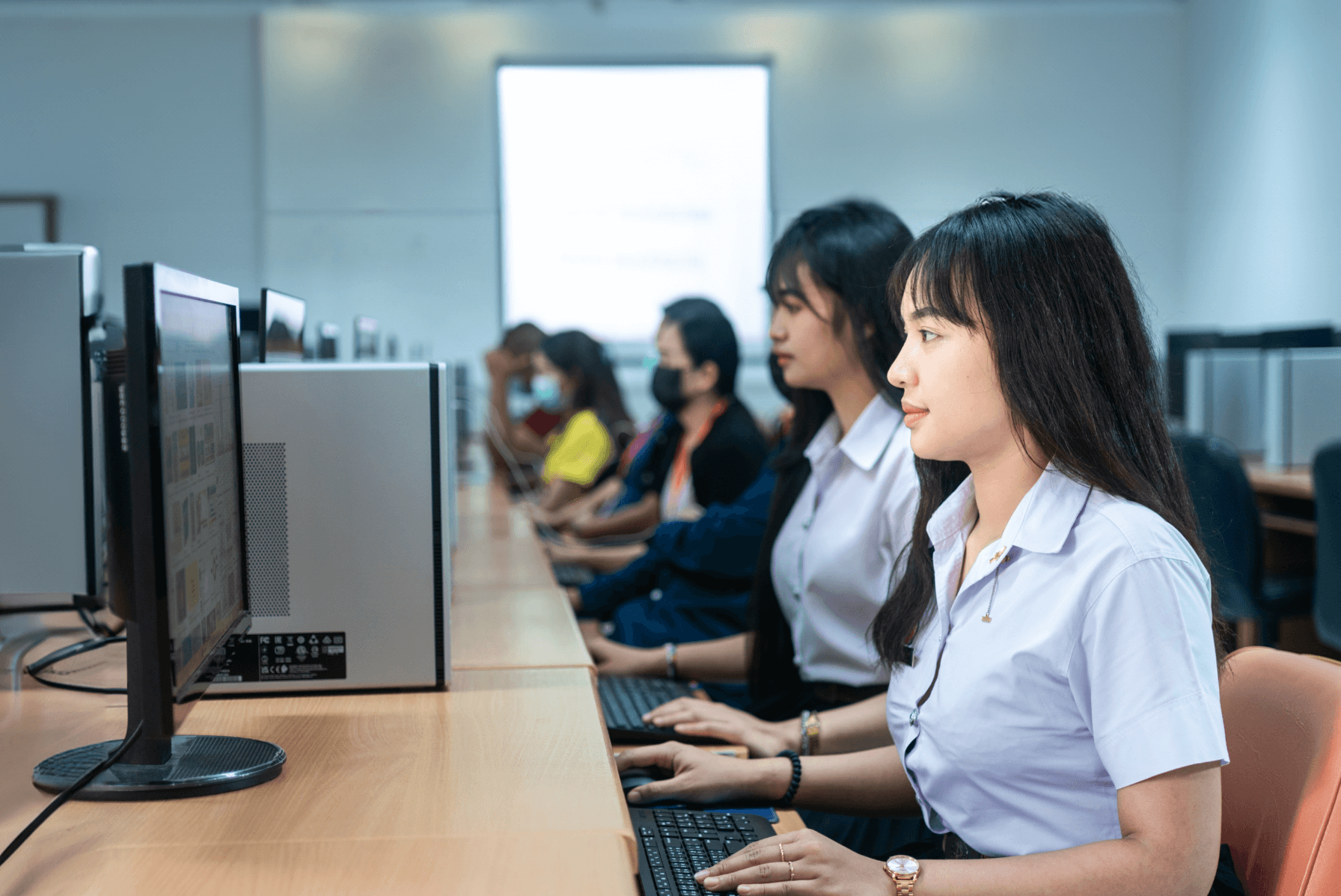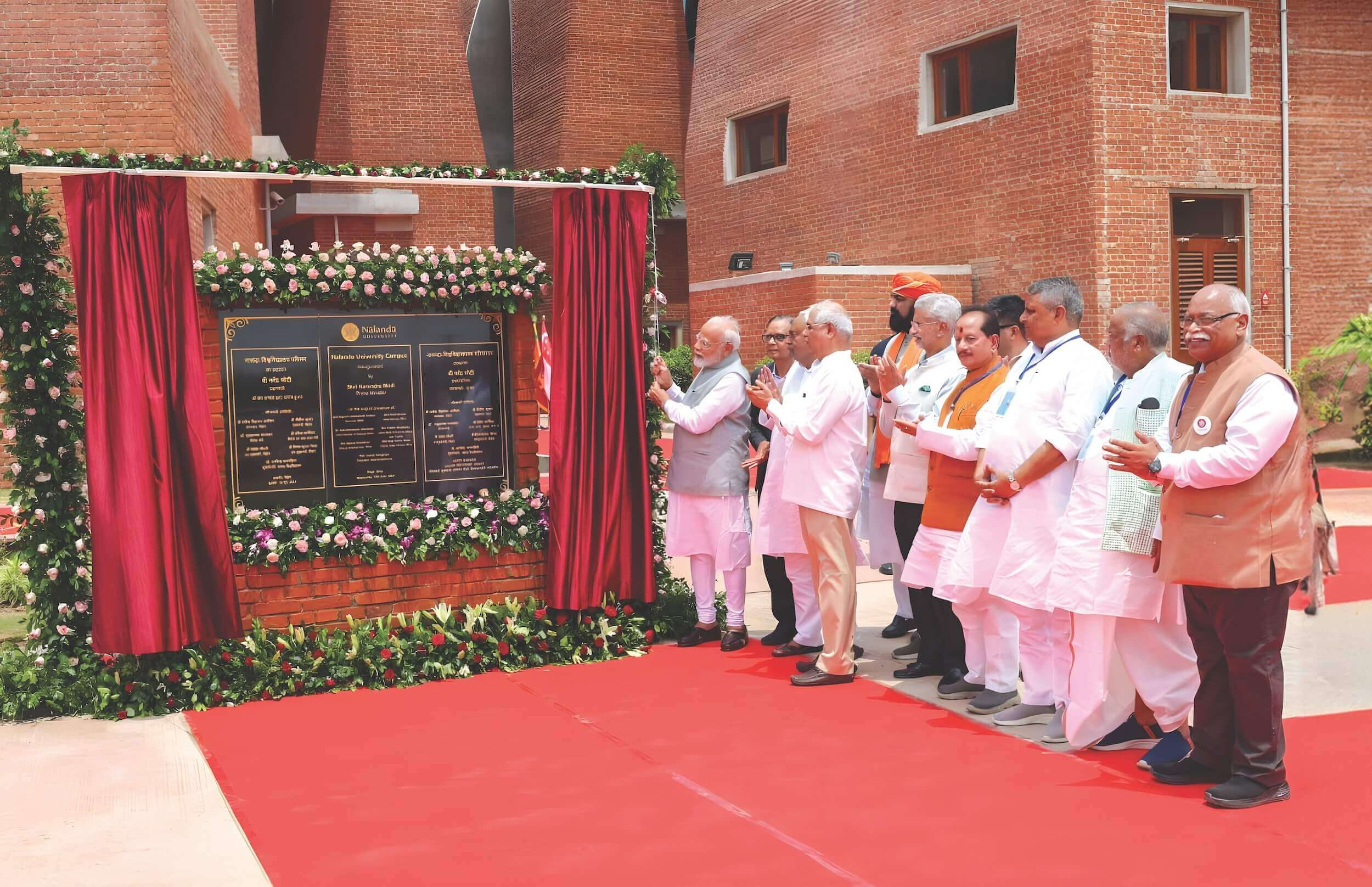



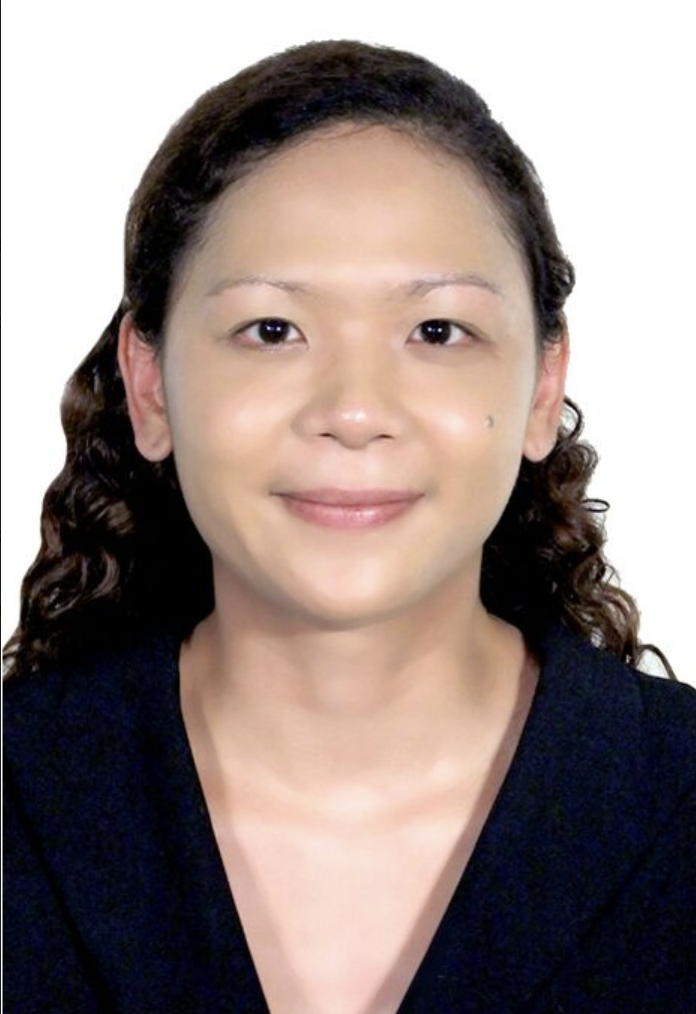
There was a time when job ads were a lot shorter. Those ads would not take up more than three or four lines in a newspaper, and typically sought candidates with “a pleasing personality.”
Apart from the requisite educational qualifications and experience, employment vacancies today spell out a host of vital skills and competencies ranging from problem-solving skills, critical thinking, communication and teamwork, to prioritisation, leadership, intercultural awareness and a strong work ethic.
The fast-changing landscape of work has significantly expanded the universe of skills needed for young workers to be employable. Global megatrends such as technology, artificial intelligence, migration and climate change are reshaping skills demands. Minimum academic or vocational qualifications along with a pleasing personality will no longer get young job seekers very far.
COVID-19 and Shifting Skills Needs
The COVID-19 pandemic has been a truly challenging time for young people. The International Labour Organization reports that more than one in six young people have stopped working since the onset of COVID-19. Young workers who continue to be employed have had their working hours reduced by 23 per cent.
Prior to the crisis, young people globally were already three times more likely to be unemployed compared to adults.
Delayed school-to-work transitions have resulted in mass numbers of youth not in employment, education or training.
The worldwide closure of schools, universities and technical and vocational training institutions poses a serious threat to learning continuity and skills development. In the ASEAN region alone, estimates place more than 152 million children and youth as
having been affected.
As early as 2017, UN Special Envoy for Global Education Gordon Brown had warned that if trends continue, by 2030 around 800 million young people will not have the appropriate skills required to access the job market.
We need to take a long, hard look at how the COVID-19 crisis has dramatically altered learning environments and the workplace.
The World Economic Forum’s recent ASEAN Youth Survey 2020 investigated how young people in the region are coping with the disruptions triggered by the pandemic. With remote learning and work-from-home arrangements becoming more commonplace, COVID-19 has compelled ASEAN youth to increase their digital footprint, nurture a growth mindset, develop resilience, and innovate new business strategies to generate income. However, the survey also found that there are segments of young people that are at risk of being left behind—particularly those who are less digitally included, young workers in the gig economy, and young entrepreneurs. Going forward, efforts to expand digital access, promote digital skills, and provide funding support will be essential to enabling all ASEAN youth to embrace the new normal.
The COVID-19 crisis could be used as an opportunity to create momentum for youth skills development. If we expect ASEAN youth to contribute to rebuilding post-COVID-19 societies and economies, we will need to equip them with the skills needed to adapt to rapidly evolving realities and future disruptions.
Building Transversal Skills for the Future of Work
Globally, skills needs are being disrupted by an era of constant change.
In recent years, the concept of employability has expanded to include not only foundational knowledge and technical know-how, but also crucial transversal skills. In fact, Google—one of the world’s top employers—considers candidates’ transversal skills such as communication, teamwork and problem- solving as a critical factor in hiring decisions over academic background or technical skills. There is also a falling demand for skills that are routine and job-specific.
Transversal skills are transferable to a wide range of occupations and contexts.
These skills are particularly significant in today’s volatile job market where workers transition to multiple careers over their lifetime.
Various international reports have highlighted the need for today’s
young workers to be adaptable, which requires a combination of
higher order skills such as critical thinking, and problem-solving, as well as socio- emotional skills such as self-awareness, empathy, and perseverance. Adaptability in young workers takes on a new meaning in this time of pandemic as we navigate changing technologies and work environments. Transdisciplinarity, social intelligence, and novel and adaptive thinking are likewise often named as some of the future skills needed by the labour market.
Entrepreneurship is increasingly becoming a viable career option for youth, particularly those who are naturally suited for self-employment.
Whilst there is a lack of global consensus as to the definition of entrepreneurship or what constitutes its core competencies, it is generally agreed that entrepreneurs exhibit strong characteristics of innovation, risk taking, and self- motivation. Social entrepreneurship is one form of entrepreneurship that is quickly gaining ground in ASEAN. Social entrepreneurs are known for developing innovative solutions that drive social change and bring about transformational benefits to society.
A solid learning disposition has also been frequently cited by employers as key to young people’s employability. UNESCO’s 1996 Delors report introduced the four pillars of lifelong learning (learning to be, learning to know, learning to do, learning to live together) and their significance in equipping young people with the necessary knowledge, skills and attitudes to adapt to a rapidly globalising world.
Investing in Youth Skills Development, Investing in ASEAN’s Future A third of ASEAN’s population consists of young people, aged between 15 and 34 years old. These numbers alone demonstrate the urgency to prepare our young people to take on the role of future leaders, change makers, innovators and influencers of the region.
The ASEAN youth sector sees supporting young people to be ‘future-ready’ through skills development and widening youth participation in policy dialogue as priorities for the next five years.
Through ASEAN’s youth development programmes, we seek to build transversal and digital skills and promote social entrepreneurship. We are fostering a sense of volunteerism amongst our young people to enable them to contribute to community development. By providing spaces for interaction with the region’s leaders and policy makers, we help ASEAN youth shape the policies that concern them.
Sports also plays a critical role in promoting skills and values amongst ASEAN youth.
Increasingly, sports is being recognised as a tool for peace and social cohesion. Sports and physical activity help prevent crime and minimise risky behaviours for at-risk youth. It promotes the values of respect, inclusion, fairness, and unity.
It is in this context that ASEAN works to develop leadership skills amongst the region’s youth leaders, enabling them to advocate for healthy lifestyles and combat youth crime. By harnessing the power of sports, we empower ASEAN youth to be healthy and active peacebuilders in the ASEAN Community.
Skills will be the currency of the future. A stable ASEAN Community is one where young people have access to the skills development they need to achieve the future that they want and deserve. The peace, prosperity and progress of our region will rest on a foundation of a skilled youth population: highly adaptable and resilient lifelong learners, equipped with transversal and digital skills, and with good physical and mental well-being.
